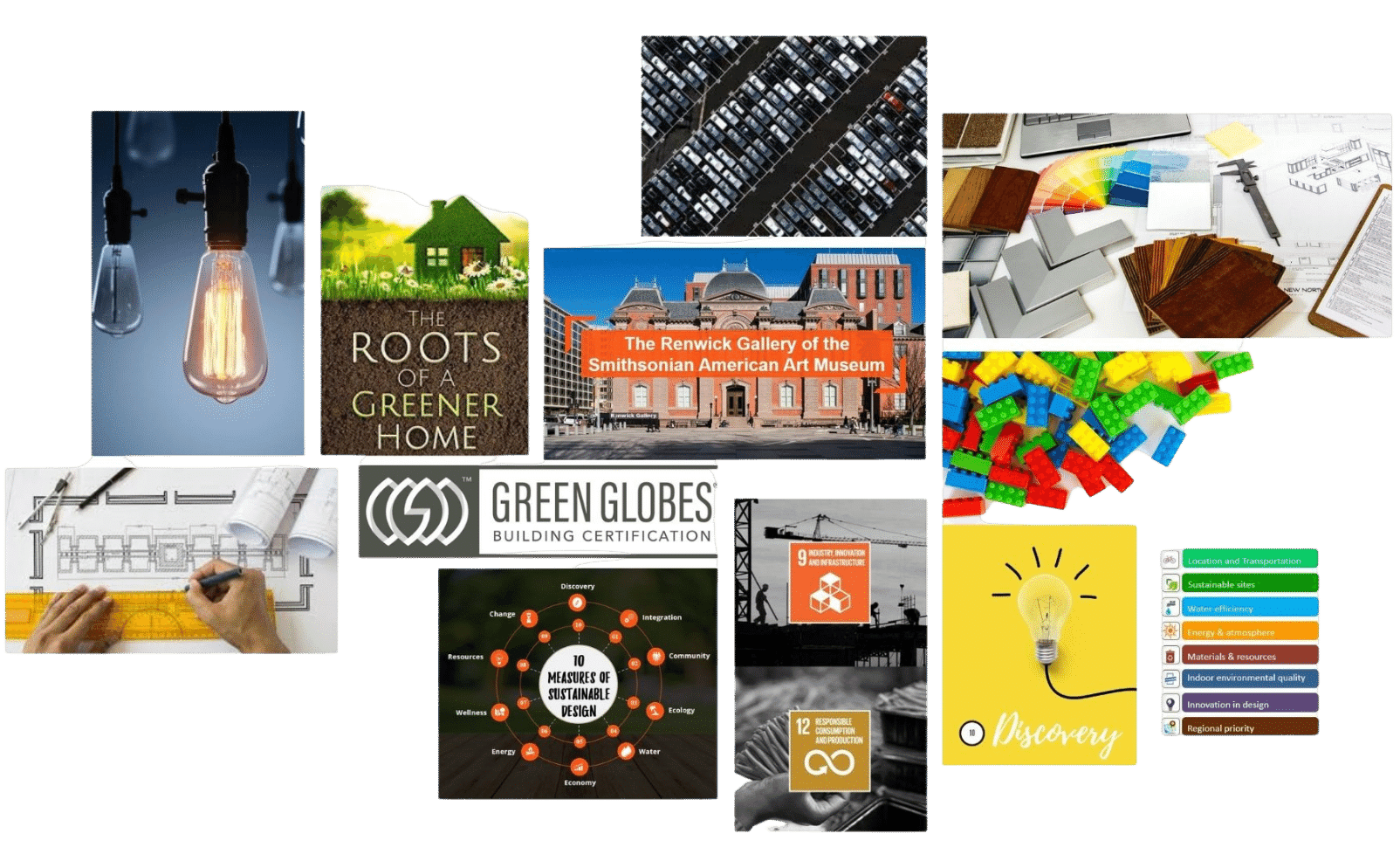These are unprecedented times. Entire nations are under lockdown and people are forced to stay indoors to protect themselves and the rest from the deadly COVID-19. As uncertainty looms over the future, many universities and schools have started resorting to online lectures. As many of you know, GBRI has gone 100% online now with our team working remotely 100% from the comfort of their homes since 2015.
Now while the thought of studying at home sounds blissful (you can attend lectures in pajamas while sipping your coffee!), it can get a bit difficult trying to regulate your learning sessions if you don’t focus and practice self-discipline. Various distractions at home might interfere with your online learning, so you need to stay focused. But don’t be hard on yourself. We all get distracted every now and then!
And yes, it may take some time – both for parents as well as for kids – to adjust to this idea of remote learning, but with easy-to-use apps and online classroom tools like Google Classroom etc., the entire process has been simplified greatly so that even first timers can adapt easily.
Online learning through GBRI is a fantastic way to master your skills in sustainability, green buildings, LEED and WELL. and gain knowledge in a flexible environment. In such stressful times, online learning can also help shift your focus from the depressing news channels to something productive and worth your attention and time.
Interested in becoming a LEED Green Associate? Let GBRI help you take your career to the next level with your satisfaction guaranteed. Register Today!
Here are a few tips that might help you with your online learning while staying at home.
GBRI’s 10 Best Online Learning Tips for Students:
1. Choose your space wisely
As we mentioned before, it is easy to get distracted at home, so it is important that you choose your online learning space carefully. Go for an area where no one is likely to disturb you so that you can stay focused on your session. It is best to take online learning sessions with your laptop/computer placed on a desk, but if that is not possible, just make sure the place where you’ll be sitting with your device is comfortable enough – both for attending the lecture and taking notes. Make sure to keep everything you might need during the session within easy reach.
2. Don’t forget to take notes
This is extremely important. Before attending an online lecture, don’t forget to grab a notebook and a pen to jot down the important notes. Yes, we know that some of you might be able to rewind and play the whole thing again, but taking notes helps you retain whatever is being taught better.
3. Take short breaks
Face-to-face lecture is one thing, but online lectures can get monotonous and boring. Studies have shown that taking short breaks helps you retain more information and be productive. So utilize the time you have between the scheduled lectures to move around a bit and relax. Grab something to eat, or maybe listen to some soothing music. This will help keep your mind fresh and rejuvenated.
4. Prepare a timetable
Don’t let the pandemic make your lazy nor crazy. A lot of people are joking these days that they do not even know what day of the week it is. When you’re required to stay home 24*7 for weeks, it is easy to lose track of time…or days! This is when a carefully prepared timetable comes to your rescue. Work out a study schedule for yourself and try to adhere to it. Do the relevant reading beforehand so that you are well prepared for your online lecture. Don’t hesitate in asking questions if you don’t understand something.
5. Participate in group chats
Physical interaction is one thing you miss while taking classes online. But that doesn’t mean you cannot chat with your fellow students. There are quite a few online tools like Zoom and Skype that you can download for free and use to schedule video chats with fellow students. You can create virtual study groups to discuss ideas, understand lessons and swap study tips. This is also a great way to ensure you don’t feel too isolated or lonely studying alone as it allows you to stay in touch with your classmates and friends.
6. Stay in touch with your lecturers
Staying in touch with your teachers is equally important as staying in touch with your friends. You may no longer be able see your tutors during their regular office hours, but ensure that you keep in contact with them on a regular basis. Perhaps an email once a week or even every few days to ensure you are of any developments in your courses. Additionally, if you are feeling anxious or stressed, speaking to your tutor could help to alleviate any concerns you might have.
7. Maintain healthy habits
Your brain, like the rest of your body, needs rest. So make it a point to get the necessary sleep – binge-watching shows on Netflix at night can wait! Also, it is very important to exercise and keep yourself healthy and fit. We know that many of you can’t hit the gyms or go for morning jogs, but you can practice yoga and meditation at home. And don’t forget to drink lots of water to stay hydrated.
8. Make your learning stick with you!
Practice makes everything perfect. Take advantage of the established learning science principles of memorization, practice, application, and reflection. To ensure your newly learned knowledge and skills stick with you, it’s important to repeatedly practice skills, apply knowledge in different contexts, and reflect on what you have learned, especially as you practice and apply in new settings. A well-designed learning experience will provide you with opportunities to practice, apply, and reflect, but you can reinforce your learning outside of a class by connecting it to your everyday life and work.
9. Limit your time on social media
Yes, you might argue that this is the only way to stay connected with the outside world in this time of crisis, but surely you can limit your time on Instagram or Facebook! Since the computer screen is an online student’s classroom, it may be difficult to resist the temptation to see how many ‘Likes’ your latest post received. The best way to minimize such distractions would be to log off for a while. By logging off and not having your social media pages up, you’ll be able to focus more on what you’re reading or on the assignment you’re working on.
10. Identify and access online resources
There are plenty of free resources online such as the Khan Academy. Use any of the student resources that are available. For instance, your college has an online library which offers sources for assignments. Another resource that is sometimes available is a writing center. If you need your paper fixed or just have a question on formatting, the writing center can help.
Tip: If you are preparing for LEED Exam prep, you can use GBRI’s online LEED EXam Prep training Program for your preparation. GBRI, or the Green Building Research Institute is a proud USGBC Education Partner and one of the leading sources for affordable LEED exam prep and training in the world.
With GBRI’s study materials, you can earn your LEED Green Associate credential in as little as 5 weeks. Based on your schedule, attend the 4 week instructor-led live exam prep sessions OR utilize self-paced online on-demand exam prep modules.











